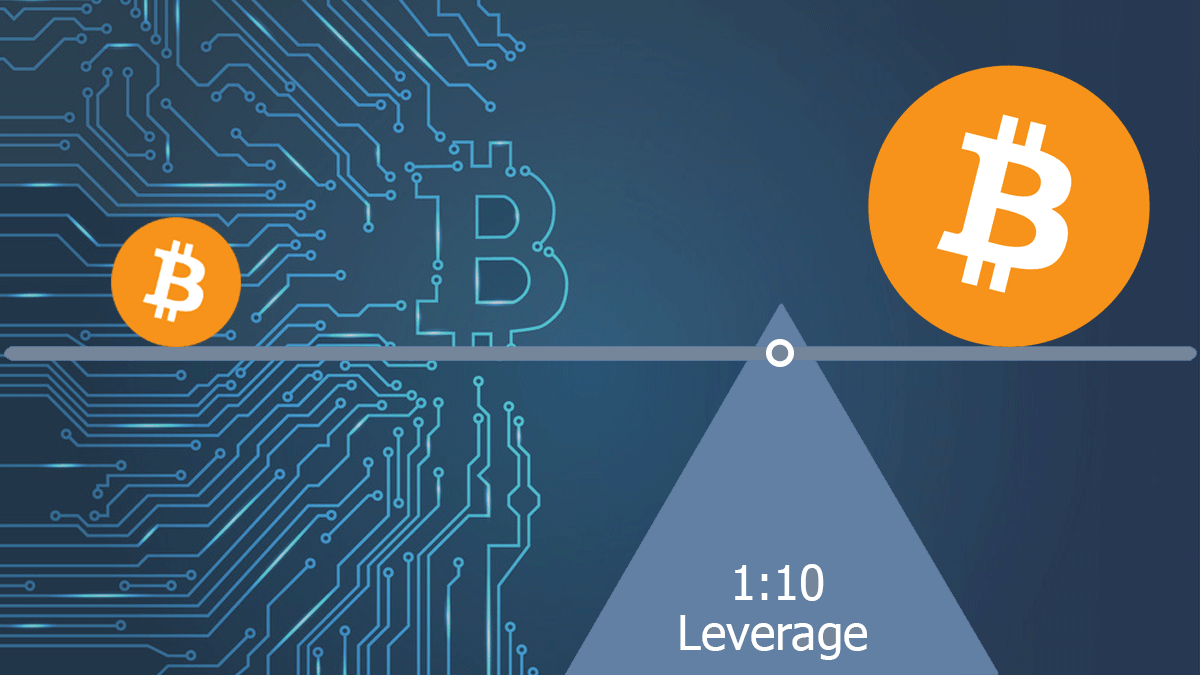The rise of cryptocurrency has sparked numerous debates regarding its compatibility with Islamic finance principles.
One area of concern is crypto leverage trading, which involves using borrowed funds to amplify potential gains and losses in the crypto futures and crypto options trading market.
This article will explore whether crypto leverage trading is considered haram (prohibited) or halal (permissible) according to Islamic finance principles, and discuss the reasons behind these classifications.
Islamic Finance Principles and Crypto Trading
Islamic finance principles are guided by Sharia law, which is derived from the Quran and the Hadith (the teachings of the Prophet Muhammad).
Some of the key concepts in Islamic finance include the prohibition of interest (riba), the prohibition of uncertainty (gharar), and the prohibition of gambling (maysir).
Investments and financial transactions must also adhere to ethical and socially responsible standards.
Cryptocurrency trading, in general, has been a subject of debate among Islamic scholars.
Some argue that digital assets, such as Bitcoin and Ethereum, are a form of currency and are, therefore, subject to the same Sharia rules as traditional currencies.
Others contend that cryptocurrencies are more akin to commodities and should be treated as such.
The permissibility of cryptocurrency trading, in general, is still a topic of ongoing debate among Islamic scholars.
Leverage Trading and Islamic Finance
Riba
One of the main concerns regarding crypto leverage trading is the potential involvement of interest (riba).
Islamic finance prohibits the charging or receiving of interest, as it is considered unjust and exploitative.
In leverage trading, traders often borrow funds from a crypto derivative exchange or broker to amplify their positions, and these borrowed funds may be subject to interest charges.
If the leverage trading platform charges interest on the borrowed funds, this would likely be considered haram according to Islamic finance principles.
However, if the platform does not charge interest, the transaction may be considered permissible, as long as other Sharia-compliant conditions are met.
Gharar
Another concern related to crypto leverage trading is the concept of uncertainty (gharar). Islamic finance seeks to minimize uncertainty in financial transactions to ensure fairness and transparency.
The volatile nature of the cryptocurrency market and the use of leverage can significantly increase uncertainty and risk in trading activities.
Crypto leverage trading could be seen as involving excessive gharar due to the amplified risks and uncertainty associated with market fluctuations.
In this case, it may be considered haram under Islamic finance principles. However, if the risks can be adequately managed and reduced to acceptable levels, some scholars may argue that crypto leverage trading can be considered halal.
Getting started with futures trading? Know if you can lose more than you invest in crypto futures?
Maysir
The prohibition of gambling (maysir) is another factor to consider when evaluating the permissibility of crypto leverage trading.
Islamic finance principles forbid transactions that involve gambling or speculation, as they are deemed to be based on chance rather than genuine investment or effort.
Crypto leverage trading especially in crypto futures market can involve significant risk, and some traders may engage in it with a speculative mindset, seeking to profit from short-term market movements.
In cases where crypto leverage trading resembles gambling, it may be considered haram under Sharia law.
However, if leverage trading is approached responsibly, with a focus on sound investment principles and risk management, it may be deemed permissible.
Sharia-Compliant Crypto Leverage Trading
To engage in crypto leverage trading in a Sharia-compliant manner, traders must find crypto leverage trading platforms that adhere to Islamic finance principles.
Such platforms should not charge interest on borrowed funds and should facilitate transparent and fair transactions.
Additionally, these platforms should offer tools and features that enable traders to manage their risk effectively and minimize uncertainty.
Finding a Sharia-compliant platform may be challenging, as many leverage trading platforms charge interest on borrowed funds or do not specifically cater to Islamic finance requirements.
Beyond the concerns of riba, gharar, and maysir, Sharia-compliant crypto leverage trading should also adhere to ethical and socially responsible investment principles.
This means that traders should avoid investing in digital assets associated with illegal activities, harmful industries, or any enterprises that are considered unethical according to Islamic teachings.
Ensuring that the underlying assets being traded align with Islamic values is an essential aspect of engaging in halal crypto leverage trading.
New to Crypto Trading? Know Is Crypto futures trading halal or haram?
Differing Scholarly Opinions and the Need for Further Guidance
As with many aspects of Islamic finance and cryptocurrency, there is no unanimous consensus among scholars regarding the permissibility of crypto leverage trading.
Some scholars may consider it halal if certain conditions are met, while others may deem it haram due to the inherent risks and uncertainty involved.
The differing interpretations highlight the need for further guidance and clarification from Islamic finance experts and regulatory bodies.
As the cryptocurrency market and Islamic finance landscape continue to evolve, it is crucial for scholars and industry leaders to engage in ongoing dialogue and research.
This will help provide clearer guidance for Muslim investors seeking to participate in crypto leverage trading while adhering to their faith’s principles.
As the understanding of cryptocurrencies and their applications within the realm of Islamic finance grows, we can expect more nuanced discussions and guidance on the topic.
Conclusion
The permissibility of crypto leverage trading under Islamic finance principles is a complex and multifaceted issue.
While concerns regarding riba, gharar, and maysir are at the forefront of the debate, other factors, such as ethical investments and Sharia-compliant platforms, also play a crucial role.
Due to the varying interpretations among scholars and the evolving nature of the cryptocurrency market, there is a need for ongoing dialogue and research to provide clearer guidance for Muslim investors.
Ultimately, the determination of whether crypto leverage trading is haram or halal will depend on individual circumstances, the specific platform being used, and the approach to risk management, investment and trading strategy.
Muslim investors should consult with knowledgeable Islamic finance scholars or advisors to ensure their trading activities align with Sharia principles, and remain informed about the latest developments and guidance in this rapidly evolving field.



